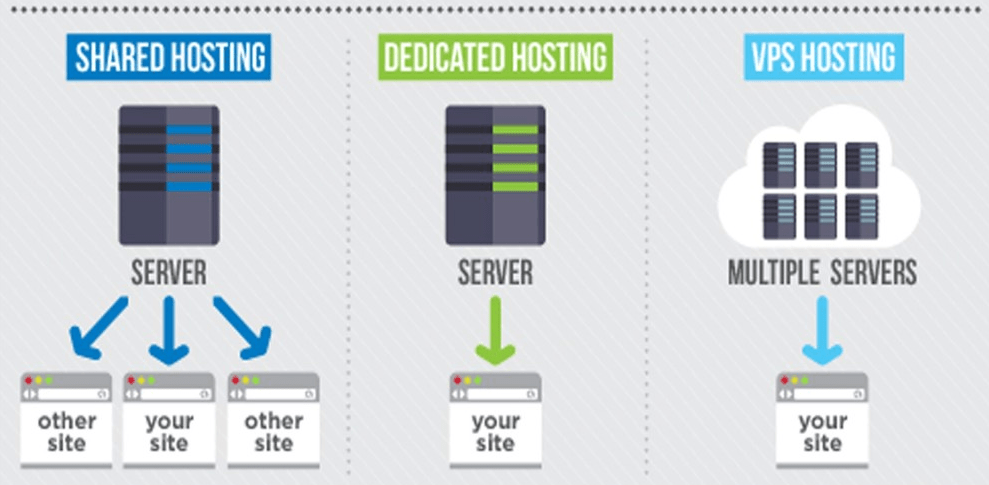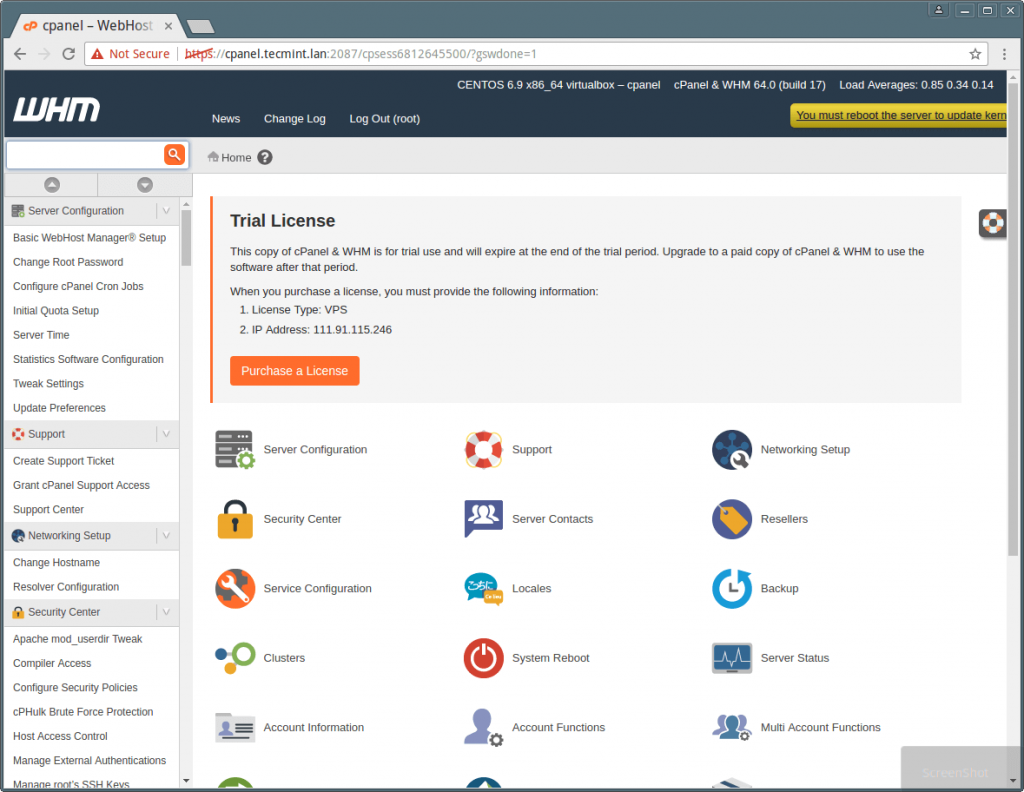
With the stringent competition now going on in the digital world, websites are always a must for companies. You need to get the word out about the existence of your business through your site, lest you fall behind. Whether you manage your business by yourself or with the help of an expert team, there’s one thing needing you should have: a web host.

A web host refers to the service providing the structure to enable an organization in coming up with a website. When your company signs up to Hostens or other web hosts, you’re charged with a fee to give you not just a site format but the whole website identity through a domain name, a server enabling access through the internet, and enough storage space for all of your pages.
Considerations In Choosing A Web Host

With the purpose it serves, it’s only fitting to be able to choose the appropriate web host for you. Here are some tips that’ll come in handy:
1. Selection Among Different Servers Available

Narrowing down your options of web hosts based on the server has no uniform approach. Web hosting can use different kinds of servers such as:
- WordPress. This kind of server is specifically managed and designed with the end in mind of having WordPress pages. Typically, this isn’t the server of choice by e-commerce websites, but for blogs, news, and content creations.
- Shared hosting. This is the preferred server by websites with small traffic because it’s stored on a single hardware. This is also the option most attractive to startups since it’s one of the least expensive options.
- Cloud hosting. Cloud hosting is also known as the virtual private server (VPS). With this kind, multiple websites are hosted by a cloud-based server system. This kind of server can offer more features because of its flexibility and scalability.
You have to take note of each pros and cons according to the specific needs and preferences of your business.
2. Availability Of An Uptime Guarantee

Another one of the pertinent features you have to consider is the uptime guarantee. This refers to the downtime you’re expected to be able to tolerate every month for your website. Remember, website downtimes are supposed to be at their minimum as this can hurt your website’s traffic. So the higher the uptime guarantee, the better.
Apart from the guaranteed rate itself, you’ll also have to factor in the fine print. For instance, during those times your website goes down because of your web host, do they provide you with enough compensation? A good web host will be willing to give you compensation once your site goes down to make up for the circumstance.
3. Affordability Of The Cost

Quality doesn’t always have to mean coming along with a hefty price tag. Rather, it’s up to you to balance out the price with the quality of the web host. Generally, you can do this by getting information on the overall reputation of your host by factoring in their experience. The better their reputation and the longer their service can justify a higher price tag.
Whatever your budget is, lay your cards right away on the table. In doing so, you can choose from among the web hosts which are worth the expense. This is important as this is a fixed fee you’ll have to pay monthly.
4. Quality Of Control Panels

A web host’s control panels are responsible for helping you better manage your website. If you’re new to running a site and working with control panels, you can ask for the advice of web agencies or information technology (IT) experts. Most of these panels are quite easy to use; you just have to familiarize yourself with their proper functions.

Always ask for recommendations when you’re choosing from different web hosts. Typically, some hosts will modify the offerings, so these are easier for you to use as a beginner. Good web hosts will help walk you through the process, so there are no gray matters to its technicalities.
Conclusion

There are many factors you can consider when choosing a web host service provider. Apart from the features themselves, you’ll also need to have in mind the quality and reputation of the provider. There’s no room for mistakes in something as important as your website.
With the list above, you’ll see you don’t have to be an IT expert to get things going. Even when you intend on doing the processes yourself, if you’ve considered the features above, then you’re good to go.




